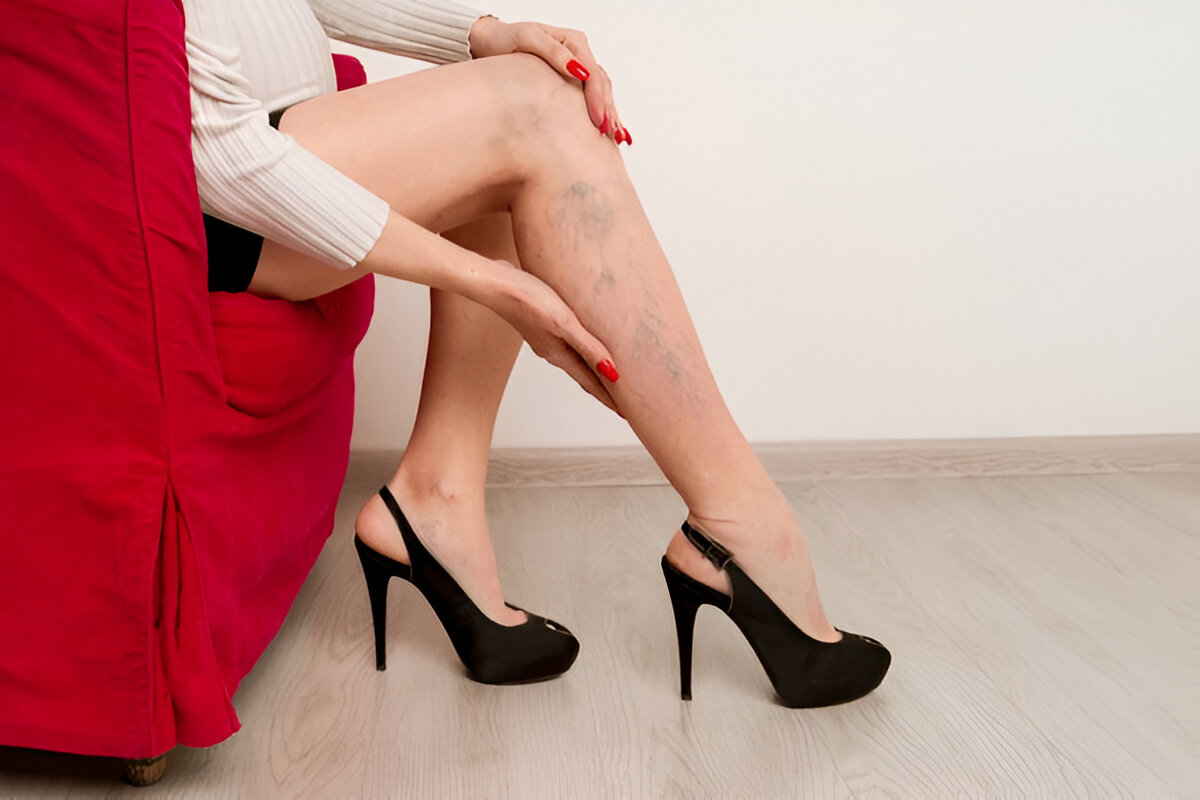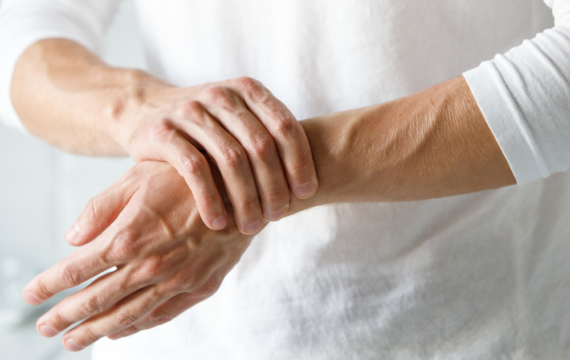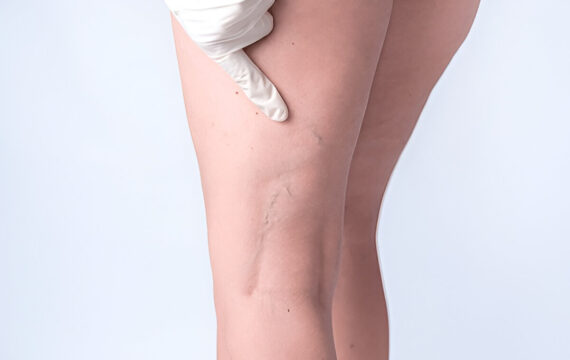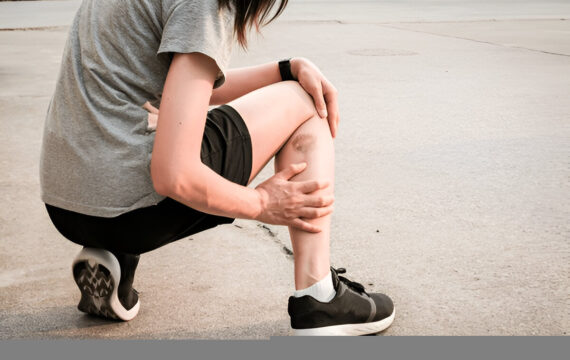Varicose veins are a common condition characterized by enlarged, twisted veins, often appearing on the legs. While they are typically harmless, they can cause discomfort, aching, and cosmetic concerns. A frequently asked question is whether varicose veins can disappear naturally or without medical intervention. Let’s explore this possibility and discuss ways to manage varicose veins effectively.
Understanding Varicose Veins
Varicose veins develop when the valves within the veins fail to function properly, causing blood to pool and the veins to enlarge. Factors contributing to their development include genetics, prolonged standing or sitting, obesity, pregnancy, and age. Once formed, varicose veins do not typically resolve on their own, but certain lifestyle modifications can alleviate symptoms and prevent worsening.
Natural Ways to Manage Varicose Veins
Although complete disappearance of varicose veins without medical treatment is unlikely, the following natural approaches can help improve symptoms and minimize their appearance:
Regular Exercise
Physical activity promotes healthy blood circulation and strengthens leg muscles, which support venous blood flow. Low-impact exercises such as walking, cycling, and swimming are particularly beneficial.
Elevating the Legs
Raising your legs above heart level for 15–20 minutes several times a day helps reduce pressure in the veins, encouraging better blood flow and reducing swelling.
Wearing Compression Stockings
Compression stockings apply consistent pressure to the legs, improving circulation and preventing the veins from enlarging further. They are available in varying levels of compression and can be chosen based on the severity of the condition.
Maintaining a Healthy Weight
Excess weight increases pressure on the veins, so achieving and maintaining a healthy weight can significantly reduce the strain on your legs and prevent varicose veins from worsening.
Following a Balanced Diet
A diet rich in fiber and low in salt can prevent constipation and reduce water retention, both of which can exacerbate varicose veins. Include plenty of fruits, vegetables, whole grains, and lean proteins in your diet.
Staying Hydrated
Proper hydration improves blood flow and reduces the risk of venous pooling, a contributing factor to varicose vein formation.
When to Seek Medical Intervention
If varicose veins cause persistent pain, swelling, or complications like ulcers or bleeding, medical intervention may be necessary. Treatments such as sclerotherapy, laser therapy, or minimally invasive surgical options can effectively address the issue. Consulting a healthcare provider ensures proper evaluation and personalized recommendations.
Conclusion
While varicose veins rarely disappear entirely without medical treatment, natural approaches can significantly alleviate symptoms and slow their progression. Adopting a healthy lifestyle and taking preventive measures can make a noticeable difference in managing this condition. However, for persistent or severe cases, professional treatment remains the most effective solution.




